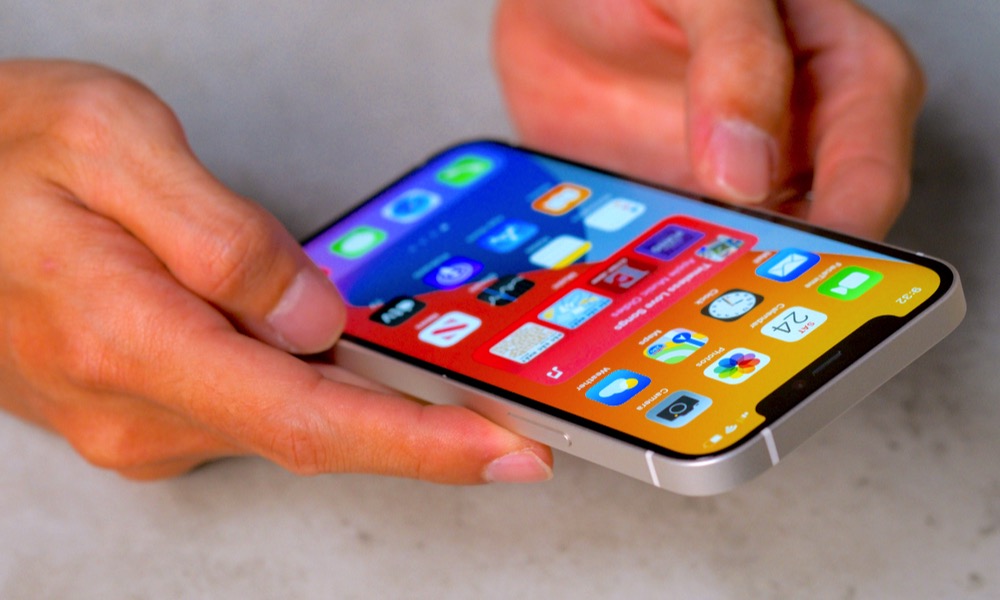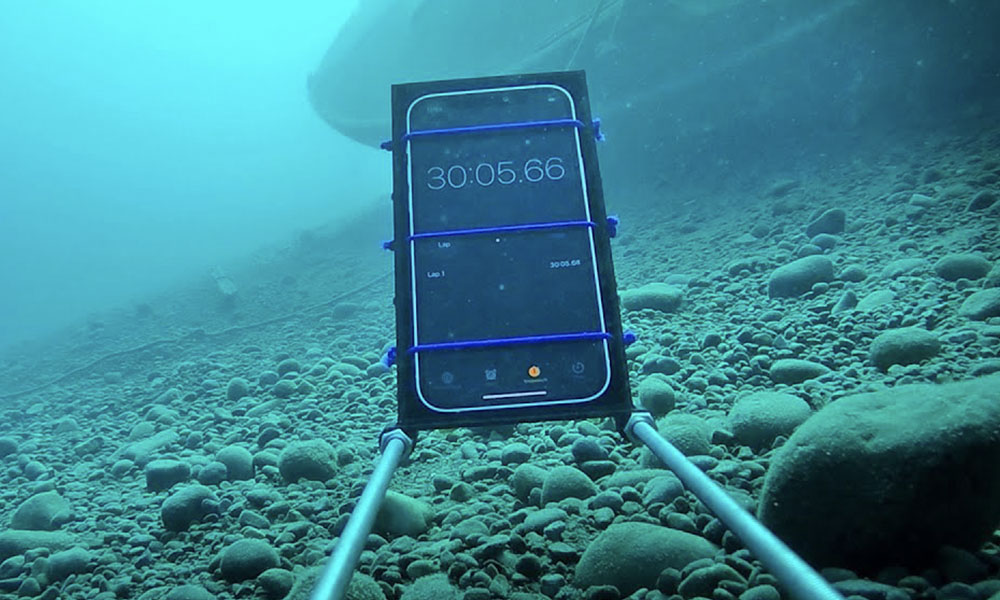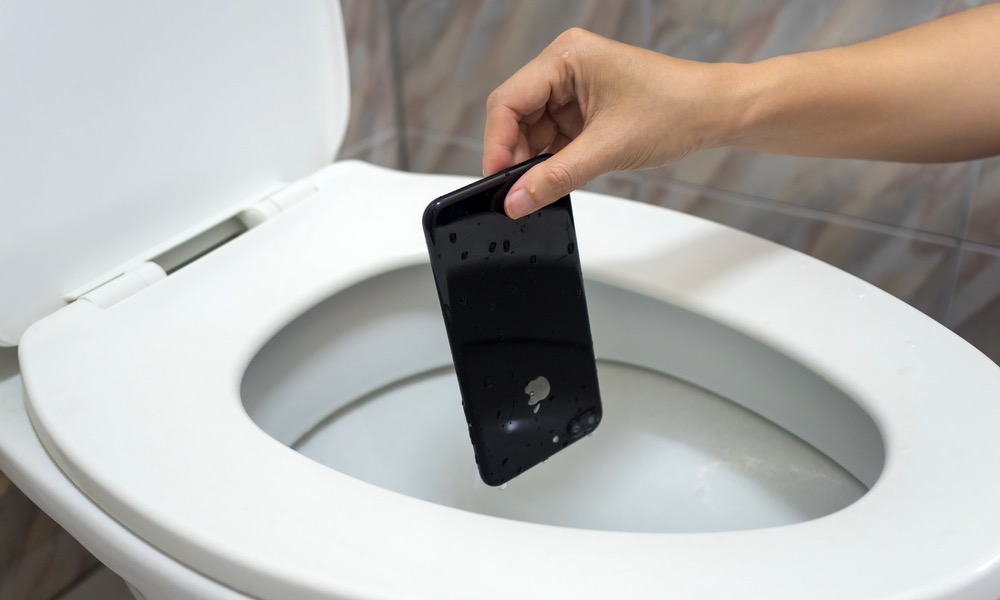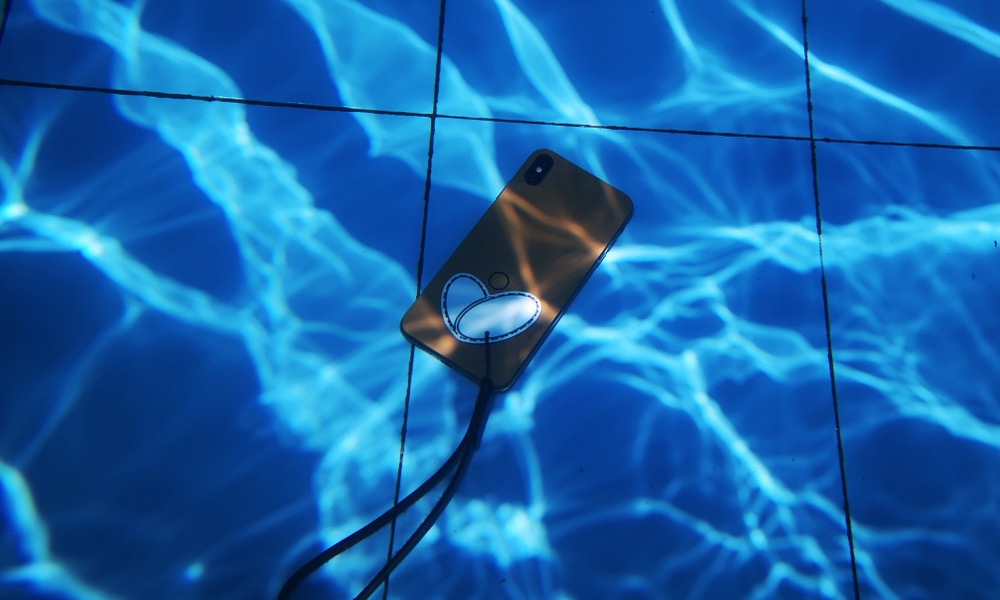Should You Be Worried? Here’s What Apple’s $12M Water-Resistance Fine Really Means for Your iPhone
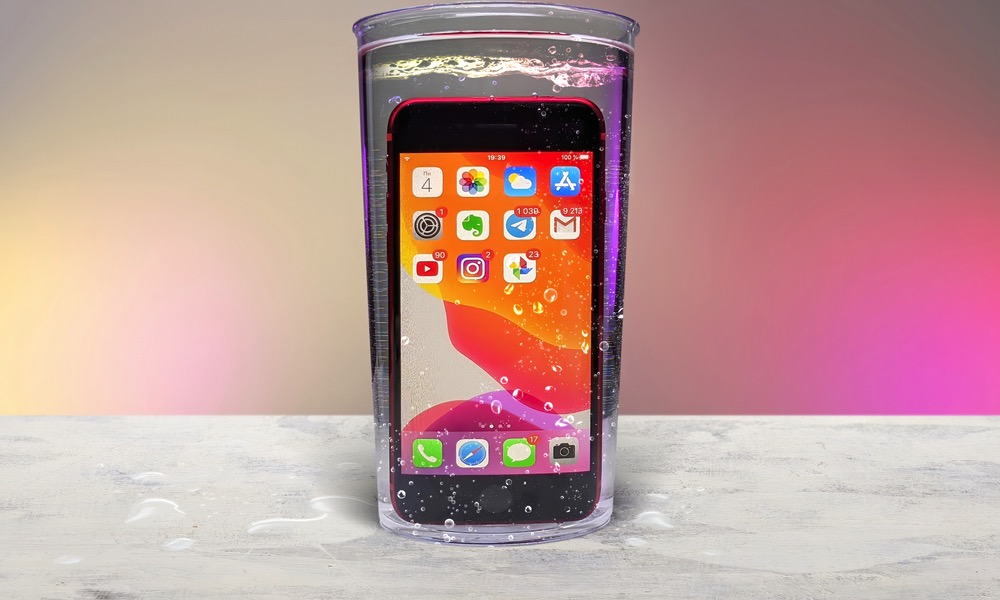 Credit: Mr. Mikla / Shutterstock
Credit: Mr. Mikla / Shutterstock
Toggle Dark Mode
A bunch of headlines recently shot up about Apple paying $12 million for “misleading claims” (or similar wording) about iPhones and their water-resistance. While the headlines are – forgive the term – splashy, they have left a lot of iPhone users a bit anxious about what that means for their iPhones, and if water damage is more of a problem than they might have thought. Fortunately, while fines like this tend to make the news, it’s a minor squabble that doesn’t mean iPhones are suddenly more susceptible to water issues than expected. Here are common questions and what readers should know.
What Is Apple Being Fined For?
We have an article published already explaining the fine in detail, but here are the basics. An Italian agency in charge of antitrust enforcement fined Apple 10 million euros for making claims about the iPhone’s water-resistance that have the potential to give customers the wrong idea.
As matters go, this was a small fine (Apple recently paid more than $100 million over throttling older iPhones). It is mostly concerned about the words used in Apple’s marketing starting with the iPhone 8 through the iPhone 11.
Was Apple Lying About the iPhone Being Water Resistant?
No. The iPhone 11, for example, has an IP68 water-resistance rating, an official standard that means the phone can handle water up to 6.5 feet deep for up to 30 minutes. Apple wasn’t lying about that at all.
The fine was due to promotional materials that stated these water-resistant facts without also including a few additional details.
Those details were:
- Apple’s water-resistance tests occurred with pure water in a lab setting.
- Apple’s water-resistance tests used still water, not moving water.
If you already assumed that’s how Apple tested its products – well, you aren’t alone. The fine was essentially a reminder that Apple should have included this info as asterisk information somewhere in its content. No willful deception seems to be involved.
Is It Still Safe to Use My iPhone Around Water?
Yes, as safe as it ever was, starting with the iPhone 8. Water straight out of the faucet or the sink is probably quite similar to the water used in Apple’s lab tests anyway. So a quick wash or an accidental plunge into the sink (or yes, the toilet) is still fine. Using the iPhone periodically in the rain or other wet conditions is fine too. Nothing has changed here.
What About Using iPhones Around Outdoor Bodies of Water?
Outdoor bodies of water aren’t exactly “pure” like the water used in lab tests. Ocean water is, of course, salty, and that salt may cause additional problems if you drop your phone in the ocean. River water is filled with silt and debris that you probably don’t want near your phone. Pool water has chlorine, which could cause issues over time.
However, while these are additional risks, they don’t really affect the iPhone’s innate water-resistance. Sometimes, they don’t matter at all. There’s at least one case of an iPhone X working properly after spending two weeks in a river. Other iPhones have survived plunges into ice holes, trips to the bottom of a lake, and more. So while outside conditions do present more factors to consider, the iPhone remains a hardy device.
Will Apple Repair a Water-Damaged iPhone?
Yes, but you’ll have to pay for it. There’s an indicator inside of your iPhone that activates when it’s exposed to water. If this indicator changes colors, it will void your warranties, which means you’ll need to pay for any repairs out of pocket – regardless if they’re related to water damage or not.
This was another issue the Italian regulator had with Apple’s messaging. They were worried that when consumers heard “water-resistant” they would assume that all contact with water would still keep their warranties intact. It will not. This matters less for older iPhones like the iPhone 8, where warranties have already run out, but it’s still an important point to keep in mind.

